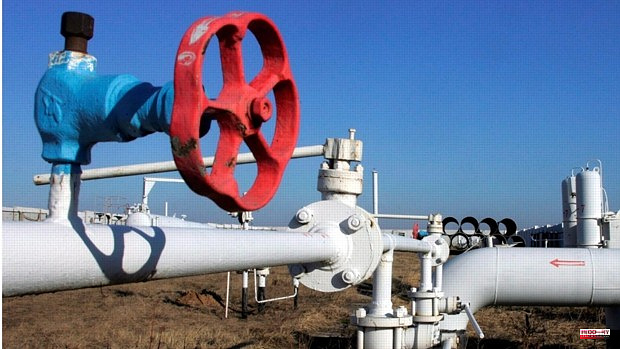The diplomatic crisis with Algeria triggered by Pedro Sánchez's decision to modify Spain's historical position with respect to Western Sahara not only constitutes an important geopolitical problem but can also have significant consequences on the Spanish economy. This has been warned this Friday by the Bank of Spain, which has emphasized that a possible restriction on gas supplies arriving from Algeria would have an "appreciable effect" on both economic growth and inflation.
The General Director of Economy and Statistics of the Bank of Spain, Ángel Gavilán, has slipped this Friday that although it is still early to assess the impact that this crisis may have on the economy, Spain's dependence on Algerian gas means that in a scenario in which If the North African country decided to cut off the gas supply to Spain, economic growth would suffer and additional stress would be added to the energy markets, which would pull inflation up.
Algeria supplied 35.8% of the gas imported by Spain in the last twelve months and in 2021 that percentage approached 43%. Spain has been reducing imports of Algerian gas in recent months, but still continues to be the main supplier of gas.
The Bank of Spain has revised this Friday its projections for the Spanish economy to incorporate the events of recent weeks. The institution expects the economy to grow by 4.1% in 2022, four tenths less than what it forecast just two months ago; and expects average inflation for the year to be around 7%.







